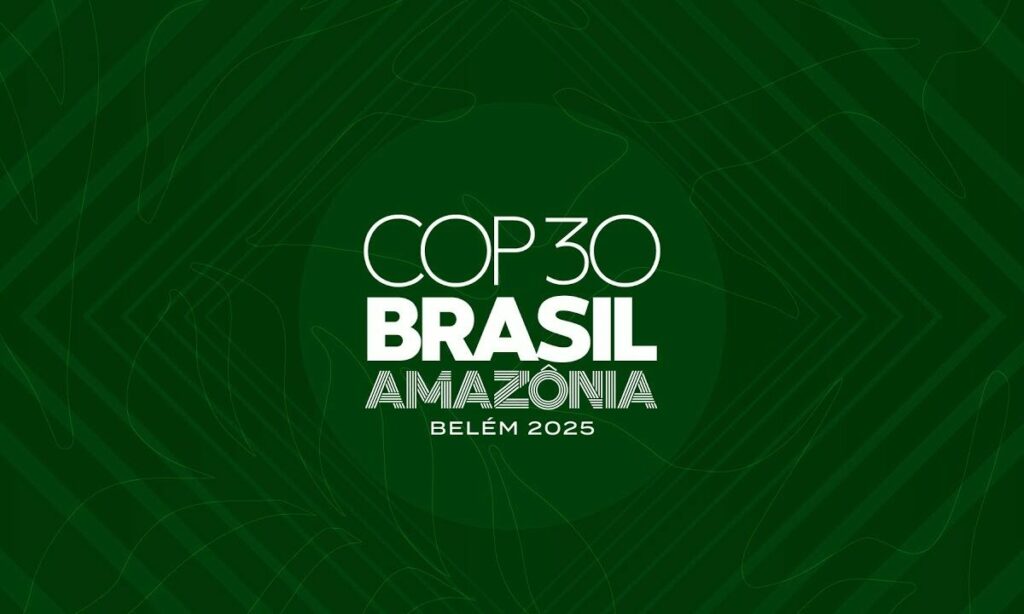By Desmond Nleya
The International Organization for Migration (IOM) is urging world leaders at COP30 in Belém, Brazil, to prioritize the safety, rights, and dignity of people most affected by the climate crisis—including migrants, internally displaced communities, Indigenous Peoples, and other vulnerable groups.
With floods, heatwaves, droughts, and severe storms uprooting millions each year, the IOM warns that the future could see entire nations rendered uninhabitable by rising seas or extreme environmental degradation. Although most displaced people never cross national borders, the impact on their lives is no less profound.
At the summit, the IOM is calling for climate mobility to be fully integrated into global and national adaptation strategies. Ugochi Daniels, the organization’s Deputy Director General, emphasized the importance of investing in early warning systems, resilient livelihoods, and services that allow people to remain safely in their home regions whenever possible.
Many displaced individuals, Daniels noted, express a strong desire to return home—but their communities and sources of income have been deeply affected by climate change. Building resilience is therefore essential to making return and long-term stability possible.
Daniels expressed optimism that COP30 could mark a major shift, particularly in advancing national adaptation plans and securing funding for loss and damage. She stressed that climate finance must finally reach frontline communities—including Indigenous groups and migrants—and move from promises to concrete action.
For climate policies to be effective, she said, human mobility must be placed at the center of negotiations. COP30, she added, represents a crucial opportunity to embed these concerns in the summit’s decisions and outcomes.


